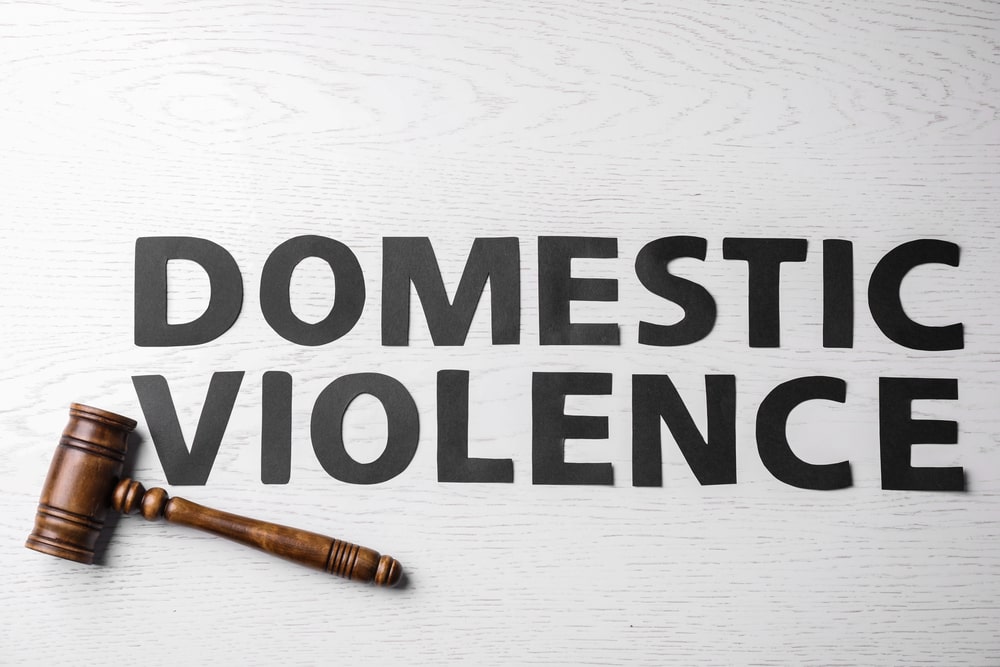What is Domestic Violence Terrorizing?
Domestic Violence Terrorizing is defined as follows:
- The victim must be a domestic partner or dating partner of the defendant, as defined by Title 17-A §210-B of the Maine Statutes.
- The defendant must make a threat to commit an act of violence, which is dangerous to human life and does in fact cause the person who this threat was communicated to, to be placed in reasonable fear of the act being carried out.
An example of Domestic Violence Terrorizing would be calling your wife that you were coming home in a couple of hours and that when you arrive, you’re going to shoot her in the face. Your wife would likely be fearful of you carrying out this threat and a call to the police would be warranted.
The prosecution faces serious proof problems when charging Domestic Violence Terrorizing, as they normally involve a household family member who is not interested in seeing the defendant prosecuted for the crime committed. It’s important to note that if a threat of violence is only verbally communicated and there is no physical assault, these cases are incredibly difficult to prove.
Normally, an act of violence accompanies the threat and in those cases, it becomes much easier to prove the underlying threat.
Call 207-571-8146 or contact us online to schedule a consult with one of our highly skilled criminal defense & OUI lawyers, serving Southern Maine, today.
Table of Contents
In all other crimes, you normally have to have at least 2 prior convictions for the same crime within a 10 year period before the new crime can be charged as a felony. However, that law recently changed to provide for only a single prior conviction to transform the second charge into a felony. This is quite a risk for anyone that has a “tumultuous history” with his or her significant other.
What are the penalties for domestic violence terrorizing in Maine?
There are no mandatory minimum penalties if you’ve been convicted of the crime of Domestic Violence Terrorizing. However, if this is a first offense and you have no prior criminal history, you are likely looking at a fully suspended jail sentence, followed by 2 years of probation and enrollment and completion of the 48-week Certified Batterers Intervention Program.
If you have a history of violence but no prior convictions for domestic violence, you are likely looking at a period of incarceration, followed by 2 years of probation and enrollment and completion of the 48-week Certified Batterers Intervention Program.
If you’ve been previously convicted of a crime of domestic violence or Violation of a Protection Order, you are now a convicted felon (assuming you were found guilty following trial). You are facing a maximum penalty of up to 5 years in prison, a $5,000 fine, a term of probation, and domestic violence counseling. The length of your prison sentence will be dictated by your criminal history and the particular circumstances of the crime for which you were convicted.
Call 207-571-8146 or contact us online to schedule a consult with one of our highly skilled criminal defense & OUI lawyers, serving Southern Maine, today.
What are the defenses for terrorizing in Maine?
There are always defenses in any criminal case. The issue is whether those defenses will be effective in any particular case. Let’s review a few common defenses in Domestic Violence Terrorizing cases.
Motivation to Lie
Often times in domestic violence cases, the victim has a motivation to lie. Perhaps the two parties are in the beginning stages of a difficult divorce and the wife wants to gain leverage in the family matter. Nothing would make the husband’s life and divorce more difficult than seeing him charged with a crime. Perhaps the girlfriend is looking to get rid of the boyfriend so she can keep the apartment and the child. The quickest way to accomplish that goal is to call the police and say that he threatened to punch her face in. Sadly, this scenario is quite common and frequently employed by “victims” who know how to work the system.
He Said, She Said
When there is no evidence of a crime, other than one person’s word against another and there are no admissions to the commission of the crime by the defendant, juries inevitably have a difficult time returning guilty verdicts.
Since it’s the State’s burden of proof to prove you guilty beyond a reasonable doubt, an acquittal can be achieved through skillful cross-examination of the police officers and “victim”. Oftentimes, it’s not even necessary to put the defendant on the stand to testify when it is a case of “he said, she said”.
These are just two examples of common defenses that can be employed in a Domestic Violence Terrorizing case. However, many more defenses can be uncovered through careful investigation of the case, which includes employing a private investigator. Since each case is unique, they need to be reviewed on a case by case basis. There is no cookie-cutter solution to a legal problem and a skilled trial attorney can make all the difference in your case.
Contact The Maine Criminal Defense Group Today
If you’ve been charged with domestic violence terrorizing, take the charge seriously & call The Maine Criminal Defense Group. Our domestic violence terrorizing defense lawyers have the experience and judgment necessary to secure a favorable outcome in your Domestic Violence case. Call us at (207) 571-8146.
Call 207-571-8146 or contact us online to schedule a consult with one of our highly skilled criminal defense & OUI lawyers, serving Southern Maine, today.
Blog Posts

Defending Maine domestic violence charges Being charged with domestic violence in Maine is a serious legal matter with consequences that can impact your freedom, reputation, and future. Whether the allegation[...]

A domestic violence conviction can have serious consequences in Maine Assault, criminal threatening, and reckless conduct in domestic settings can all be classed as domestic violence in Maine—and criminal charges[...]

Defending those accused of domestic violence in Southern Maine Assault, criminal threatening, and reckless conduct in domestic settings can all be classed as domestic violence in Maine—and criminal charges can[...]

Sexual assault and sexual battery both refer to criminal offenses where a victim does not provide consent to sexual contact. This contact may or may not involve penetration, force, violence,[...]
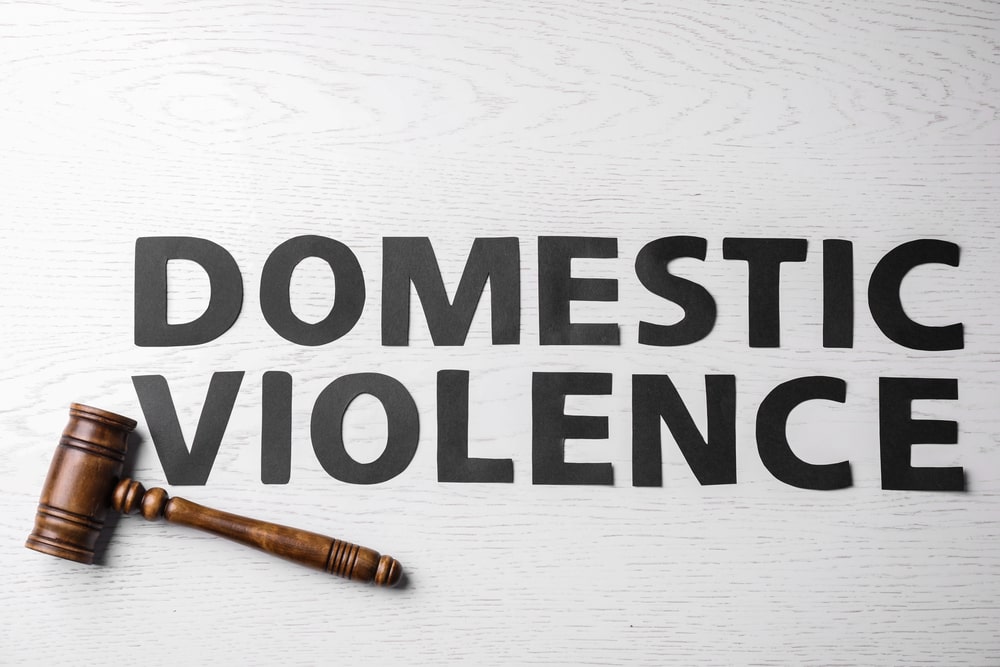
The domestic violence and stalking laws in Maine are currently being updated to address some shortcomings in the previous laws and to add clarity for both victims and accused parties[...]

In recent years, convictions for domestic violence offenses in Maine have increased as state prosecutors rigorously pursue cases. This has led to harsher penalties for offenders, which makes it even[...]
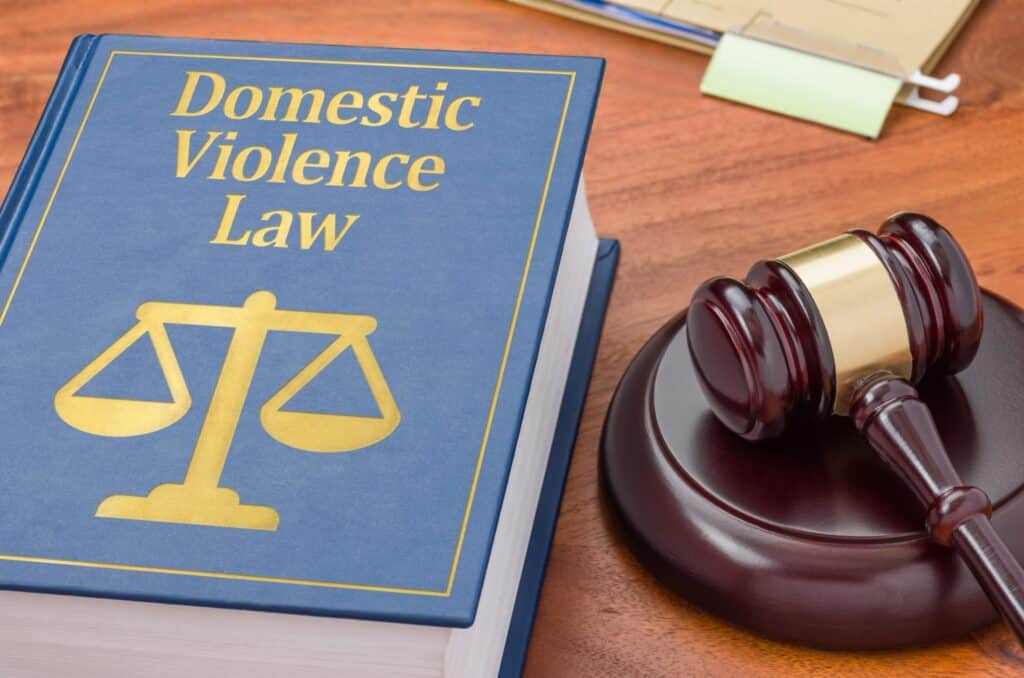
Crimes of domestic violence in the state of Maine can be confusing. This is because crimes of domestic violence are really just other crimes, like assault or battery, when those[...]

A protection from abuse order (PFA) can make it illegal for an individual to contact you or your children in the state of Maine. Filing a PFA is often a[...]
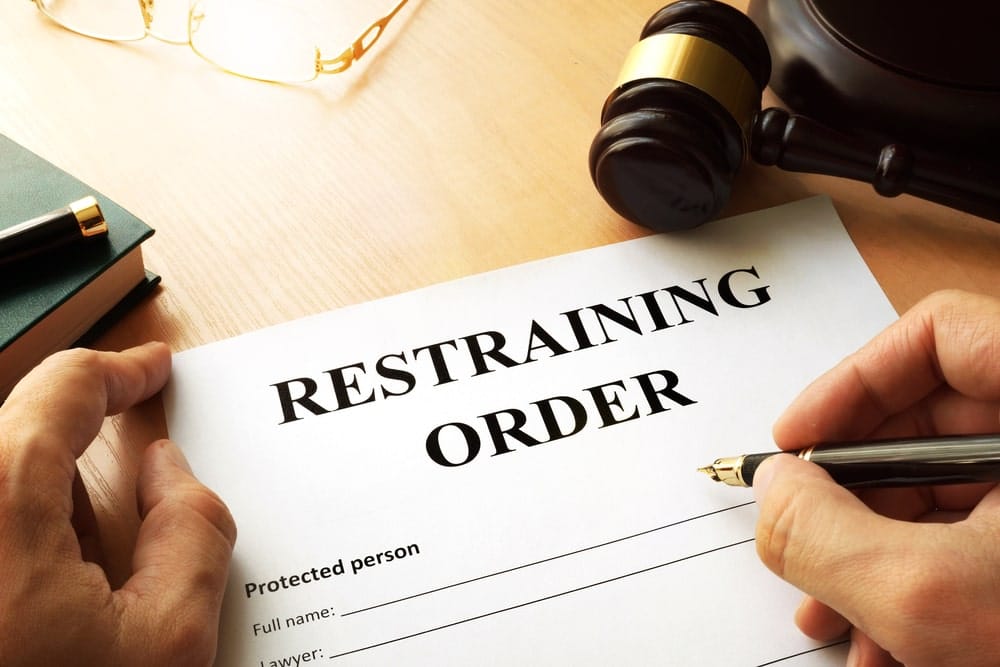
Protection from Abuse Orders (PFAs), such as restraining orders and no-contact orders, are frequently issued by the courts in domestic violence cases in Maine but are often confused. No contact[...]
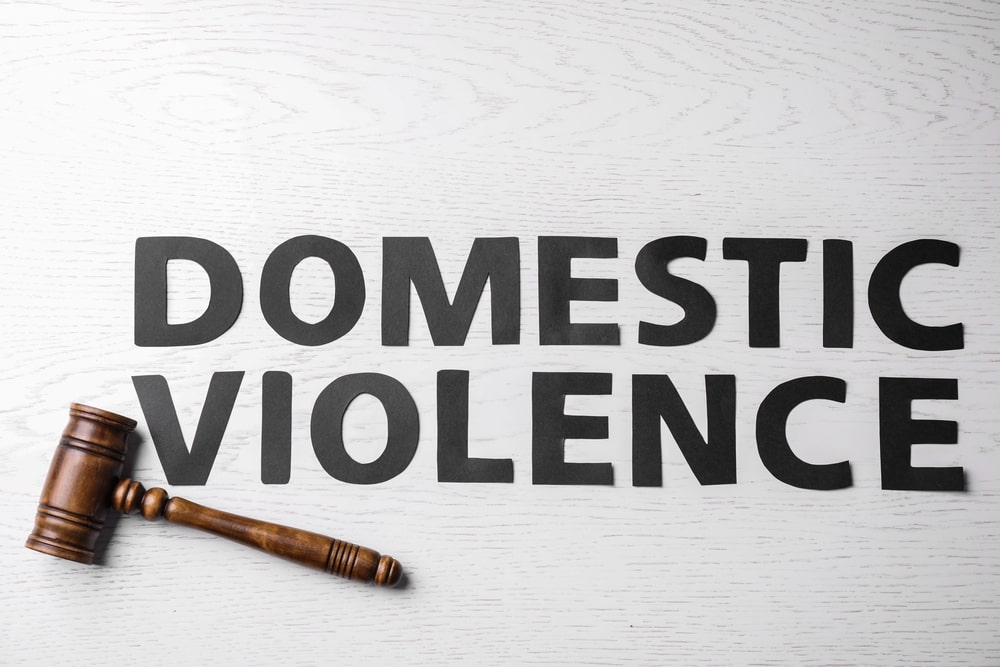
This article was updated March 6, 2025 Oftentimes what I see in these domestic violence situations is that a husband and wife get in a fight. They love each other[...]
